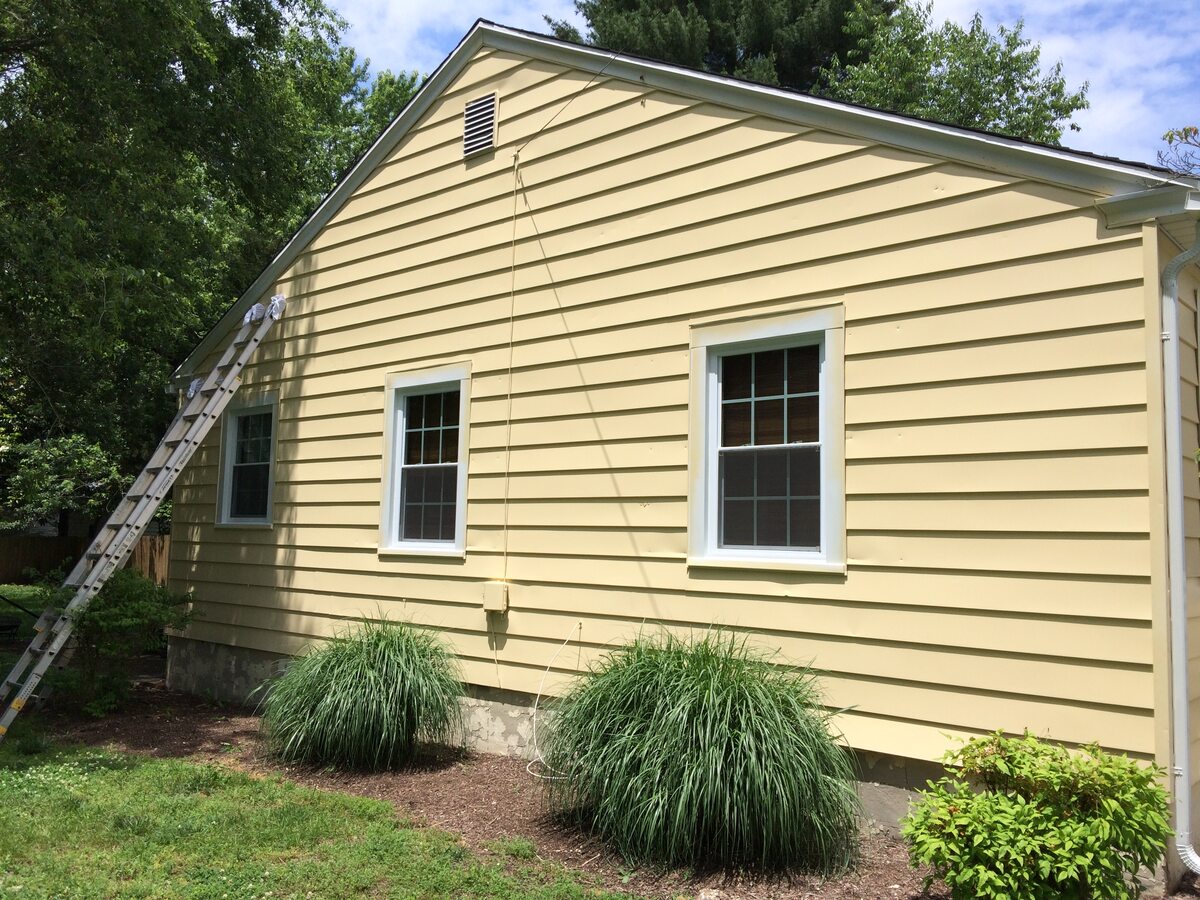

Articles
How Much Is Aluminum Siding For A House
Modified: August 31, 2024
Looking for information on aluminum siding prices? Read our articles on how much aluminum siding costs for a house and make an informed decision for your home renovation project.
(Many of the links in this article redirect to a specific reviewed product. Your purchase of these products through affiliate links helps to generate commission for Storables.com, at no extra cost. Learn more)
Introduction
When it comes to choosing the right material for siding your house, aluminum is a popular and versatile option. Not only does it offer durability and weather resistance, but it also provides a sleek and modern aesthetic to enhance the overall appearance of your home. However, before diving into the world of aluminum siding, it is essential to understand the costs involved.
In this article, we will explore the factors that affect the cost of aluminum siding, the average pricing you can expect, the installation costs, and additional expenses you need to consider. We will also discuss the benefits and drawbacks of using aluminum siding for your house.
By the end of this article, you will have a better understanding of how much you can expect to pay for aluminum siding and whether it is the right choice for your home.
Key Takeaways:
- Aluminum siding installation costs range from $5 to $8 per square foot, with additional expenses for preparation work and customization. Obtaining multiple quotes and prioritizing expertise ensures a high-quality, long-lasting installation.
- While aluminum siding offers durability and low maintenance, it may be susceptible to dents and color fading. Consider the benefits and drawbacks, gather information, and make an informed decision to ensure satisfaction with the final results of your aluminum siding project.
Read more: How Much Is Aluminum Siding Scrap Worth
Factors Affecting the Cost of Aluminum Siding
Several factors come into play when determining the cost of aluminum siding for your house. Understanding these factors will help you estimate a budget that suits your needs. Here are some key elements that influence the cost:
- Size of the House: The overall square footage of your house is a major factor in calculating the cost of aluminum siding. Larger homes require more materials, resulting in higher expenses.
- Quality and Thickness of the Siding: The quality and thickness of the aluminum siding you choose will impact the cost. Premium-grade aluminum with a thicker profile tends to be more expensive than lower-quality options.
- Design and Style Preferences: If you have specific design features or customization requirements, such as unique patterns, textures, or colors, it may add to the overall cost. Intricate designs or custom finishes require specialized production and can increase the price.
- Required Preparation Work: If your house has any existing siding that needs to be removed or repaired before installing the new aluminum siding, it will add to the cost. Different houses may require varying levels of preparation work, which influences the overall expenses.
- Location: The location of your house can affect the price of aluminum siding due to regional variations in labor costs, material availability, and transportation expenses. Urban areas generally have higher prices compared to rural regions.
It is important to consider these factors and prioritize your preferences accordingly when planning your aluminum siding project. By doing so, you can ensure that you are making informed decisions and aligning your budget with your aesthetic and functional requirements.
Average Cost of Aluminum Siding
The average cost of aluminum siding can vary depending on the factors mentioned earlier. However, as a general guideline, you can expect to pay between $5 and $8 per square foot for aluminum siding installation.
For a standard-sized house with around 1,500 square feet of exterior area, the total cost for aluminum siding can range from $7,500 to $12,000. Keep in mind that this estimate only includes the cost of materials and installation. Additional expenses, such as preparation work, removal of old siding, and any customization options, will increase the overall cost.
It is important to note that these figures are average estimates and can vary depending on your location, the specific requirements of your project, and fluctuations in material and labor costs. It’s always a good idea to consult with local contractors or suppliers to get a more accurate estimate based on your unique circumstances.
Aside from the basic cost of materials and installation, it is essential to budget for other expenses that may arise during the project. These can include permits, waste disposal fees, and the cost of hiring professionals for additional electrical or plumbing work that may be required during the siding installation process.
When deciding on a budget for your aluminum siding project, it’s advisable to allocate some extra funds for unexpected costs or unforeseen complications. This will ensure that you are prepared and can avoid any financial surprises along the way.
Remember, obtaining multiple quotes and comparing prices from different contractors or suppliers can help you find the best deal while maintaining the quality and integrity of your aluminum siding installation.
Installation Costs of Aluminum Siding
When it comes to installing aluminum siding, it’s crucial to factor in the installation costs along with the cost of materials. While the exact installation expenses can vary based on several factors, such as the complexity of your project and the local labor rates, here is an overview of what you can expect:
Labor Costs: On average, labor costs for aluminum siding installation can range from $2.50 to $5.00 per square foot. This cost includes the wages of the installation crew, their expertise, and the time required to complete the project. The labor costs may vary depending on your location, the availability of skilled labor, and the complexity of the installation.
Preparation Work: If you have existing siding that needs to be removed or repaired before installing the new aluminum siding, additional labor and material costs will be involved. The extent of the preparation work required will impact the overall installation expenses. This can include tasks such as removing old siding, repairing damaged sheathing, and ensuring a smooth and even surface for the new siding.
Customization and Trim Work: If you have specific design preferences or require custom finishes, additional labor costs will be incurred. Customization options such as trim work, intricate corner pieces, and decorative elements will require additional time and expertise from the installation crew.
Additional Accessories and Hardware: In some cases, additional accessories and hardware may be required during the installation process. This can include items such as mounting brackets, fasteners, insulation, and caulking. The cost of these materials will add to the overall installation expenses.
It’s important to note that these are average estimates and can vary depending on your specific project requirements and location. To get a more accurate understanding of the installation costs, it is recommended to obtain quotes from multiple contractors. This will allow you to compare prices, evaluate the scope of work included in each proposal, and make an informed decision that aligns with your budget and expectations.
Lastly, investing in a reputable and experienced installation crew is crucial for ensuring a high-quality and long-lasting aluminum siding installation. While it may be tempting to opt for lower-priced contractors, it is essential to prioritize expertise and workmanship to avoid potential issues and costly repairs down the line.
When considering the cost of aluminum siding for your house, it’s important to factor in the size of your home, the quality of the siding, and any additional installation costs. Get multiple quotes from reputable contractors to ensure you’re getting the best price.
Additional Costs to Consider
When budgeting for your aluminum siding project, it’s important to consider additional costs that may arise during the installation process. These expenses can vary depending on your specific requirements and circumstances. Here are some additional costs to keep in mind:
- Preparation Work: As mentioned earlier, if there is existing siding that needs to be removed or repaired before installing the new aluminum siding, additional costs will be involved. This can include the cost of labor and materials for removing the old siding, repairing any damaged sheathing, or addressing any structural issues.
- Customization and Trim: If you have specific design preferences and require customized trim work or additional accessories, such as decorative elements or unique color combinations, it will add to the overall cost. Customization typically involves additional labor and materials, so it’s important to consider these factors when planning your budget.
- Insulation: While aluminum siding offers some insulation properties, you may need to consider adding additional insulation to improve the energy efficiency of your home. The cost of insulation materials and installation should be factored into your budget, as it can contribute to long-term energy savings and comfort.
- Permits and Regulations: Depending on where you live, you may need to obtain permits for the installation of aluminum siding. Permit costs can vary depending on your location and the size of your project. It’s important to check with your local municipality to ensure compliance with any building codes or regulations.
- Maintenance and Repairs: While aluminum siding is known for its durability, it may require occasional maintenance and repairs over time. It’s essential to budget for potential expenses related to cleaning, repainting, or addressing any damage that may occur, such as dents or scratches.
By considering these additional costs, you can have a more accurate understanding of the overall investment required for your aluminum siding project. It’s recommended to consult with contractors or professionals to get specific estimates based on your unique requirements. This will help you plan your budget effectively and ensure a successful and hassle-free installation process.
Read more: What Is Aluminum Siding
Benefits of Aluminum Siding
Opting for aluminum siding for your house comes with a range of benefits. Here are some advantages of choosing aluminum siding for your home:
- Durability: Aluminum siding is known for its exceptional durability. It can withstand various weather conditions, including high winds, rain, and snow, without warping or deteriorating. Aluminum is also resistant to corrosion, making it a reliable choice for long-term protection and aesthetics.
- Low Maintenance: Compared to other siding materials, aluminum requires minimal maintenance. It is resistant to pests, such as termites, and does not rot or decay like wood siding. Regular cleaning with mild soap and water, along with occasional inspections for any damage, is usually sufficient to keep aluminum siding looking its best.
- Wide Range of Colors and Styles: Aluminum siding offers a wide range of colors, finishes, and styles to suit any architectural design or personal preference. Whether you prefer a more traditional look or a modern and sleek appearance, there are numerous options available to enhance the curb appeal of your home.
- Energy Efficiency: Aluminum siding can contribute to improving the energy efficiency of your home. It acts as a good insulator and helps to regulate temperature by reducing heat transfer. Installing additional insulation behind the siding can further enhance energy efficiency, leading to potential savings on heating and cooling costs.
- Fire Resistance: Aluminum is a non-combustible material, making aluminum siding a fire-resistant choice for your home. This can provide peace of mind and added safety, particularly in areas prone to wildfires or where fire protection is a concern.
- Environmentally Friendly: Aluminum is a highly recyclable material, making aluminum siding an eco-friendly choice. Choosing recycled aluminum siding can reduce the demand for new raw materials and contribute to sustainable building practices.
By considering these benefits, you can make an informed decision when it comes to choosing the right siding material for your house. Aluminum siding offers durability, low maintenance, aesthetic versatility, and energy efficiency, making it a popular choice among homeowners.
Drawbacks of Aluminum Siding
While aluminum siding offers numerous advantages, it is important to be aware of its drawbacks as well. Here are some potential drawbacks of aluminum siding to consider:
- Denting: One of the main disadvantages of aluminum siding is that it is susceptible to denting. Hail, flying debris, or even accidental impact can cause noticeable dents on the surface of the siding. However, some manufacturers offer thicker gauge aluminum siding that offers better resistance against dents.
- Color Fading: Over time, aluminum siding can fade due to exposure to sunlight and other environmental factors. This can result in a loss of vibrancy and require periodic repainting or recoating to maintain its appearance.
- Noise Transmission: Aluminum siding can amplify external noises, such as rain, hail, or even neighborhood activities. This can be a concern for those seeking a quieter living environment.
- Potential for Oxidation: While aluminum is naturally resistant to corrosion, it can still oxidize over time, resulting in a dull or chalky appearance. Regular cleaning and maintenance can help minimize oxidation and preserve the appearance of the siding.
- Limited Insulation: While aluminum siding can provide some insulation benefits, it is not as efficient as other siding materials, such as vinyl or insulated siding. Additional insulation measures may be required to achieve optimal energy efficiency.
- Higher Cost Compared to Other Siding Options: Aluminum siding tends to be more expensive compared to some other siding materials, such as vinyl. The initial investment can be higher, particularly if you opt for thicker gauge or customized aluminum siding options.
It’s important to evaluate these drawbacks in relation to your specific needs and priorities. For some homeowners, the advantages of aluminum siding may outweigh these limitations, while others may prefer to explore alternative siding options that better suit their requirements.
Before making a decision, it’s recommended to consult with professionals, compare different siding materials, and consider your budget, climate conditions, and aesthetic preferences. This will help you make an informed choice and ensure that your siding selection aligns with your long-term goals for your home.
Conclusion
Choosing the right siding material for your house is an important decision, and aluminum siding offers several benefits to homeowners. Its durability, low maintenance requirements, wide range of colors and styles, energy efficiency, fire resistance, and eco-friendly attributes make it an attractive option. However, it is crucial to consider the potential drawbacks of aluminum siding, such as denting, color fading, noise transmission, and limited insulation.
When estimating the cost of aluminum siding, factors such as the size of the house, quality and thickness of the siding, design preferences, required preparation work, and location should be taken into consideration. The average cost of aluminum siding installation ranges between $5 and $8 per square foot, but additional expenses, such as preparation work and customization options, need to be factored in.
It is recommended to obtain quotes from multiple contractors, compare prices, and evaluate the scope of work included in each proposal. Choosing an experienced and reputable installation crew is essential to ensure a high-quality and long-lasting siding installation.
In summary, aluminum siding offers a balance between durability, aesthetic appeal, and low maintenance. When properly installed and maintained, it can enhance the overall appearance of your home while providing protection against the elements. Consider the advantages and drawbacks, as well as your specific needs and budget, when deciding whether aluminum siding is the right choice for your house.
Remember to consult with professionals, gather information, and make an informed decision to ensure your satisfaction with the final results of your aluminum siding project.
Frequently Asked Questions about How Much Is Aluminum Siding For A House
Was this page helpful?
At Storables.com, we guarantee accurate and reliable information. Our content, validated by Expert Board Contributors, is crafted following stringent Editorial Policies. We're committed to providing you with well-researched, expert-backed insights for all your informational needs.
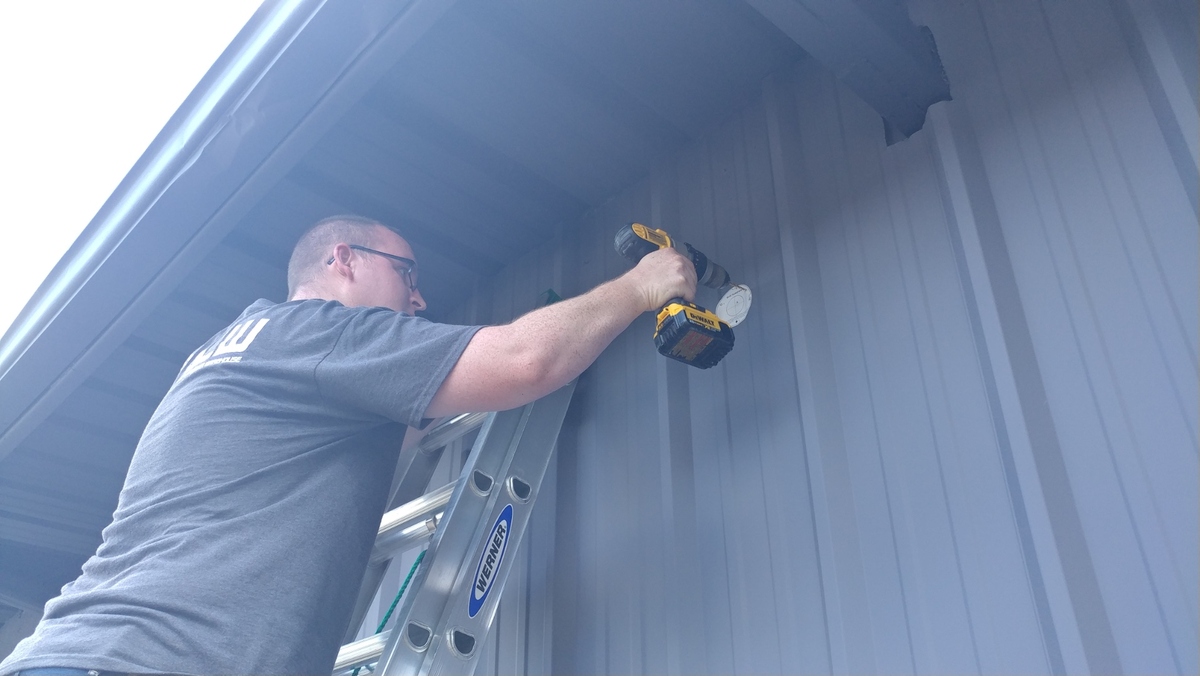
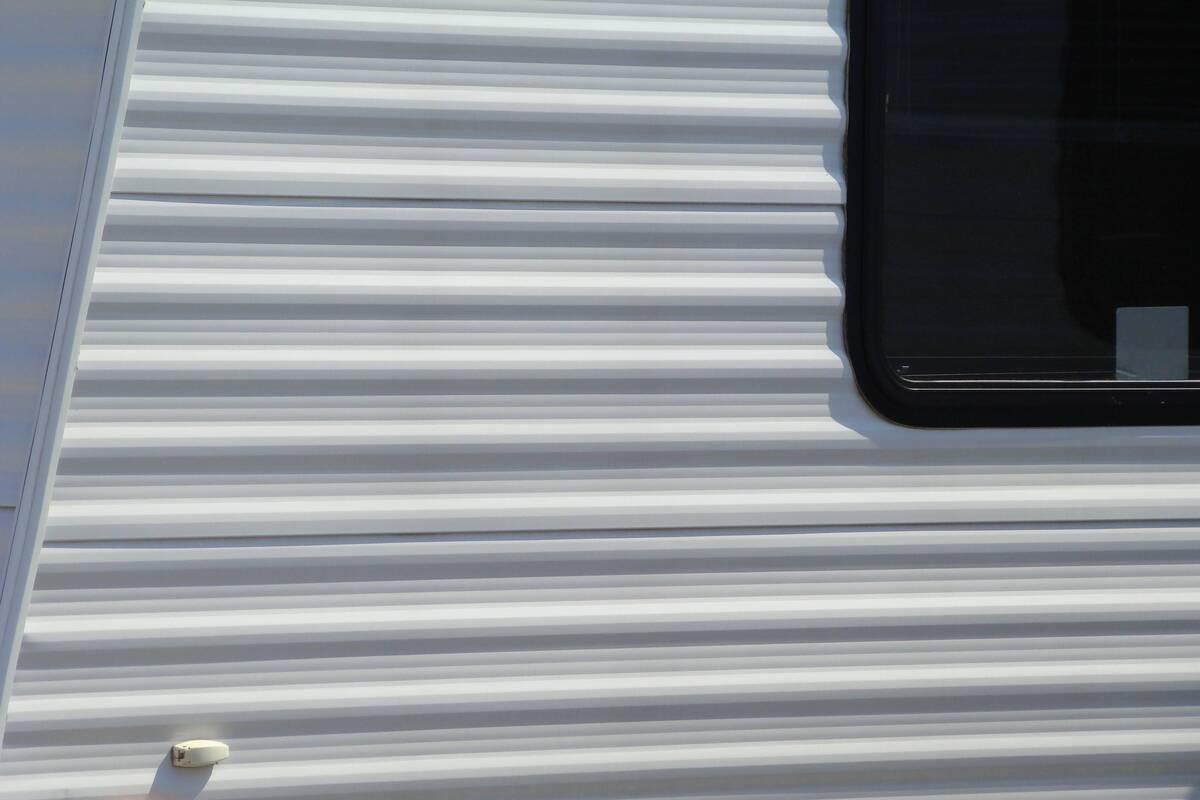
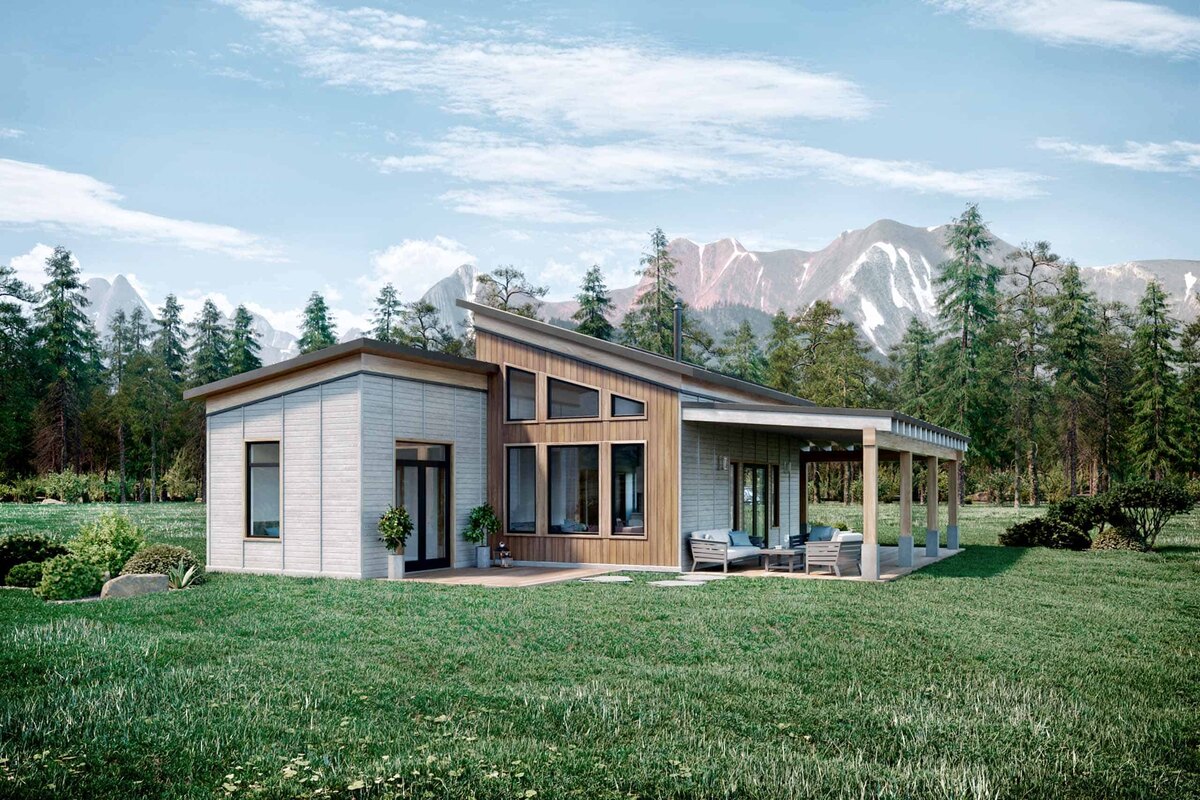
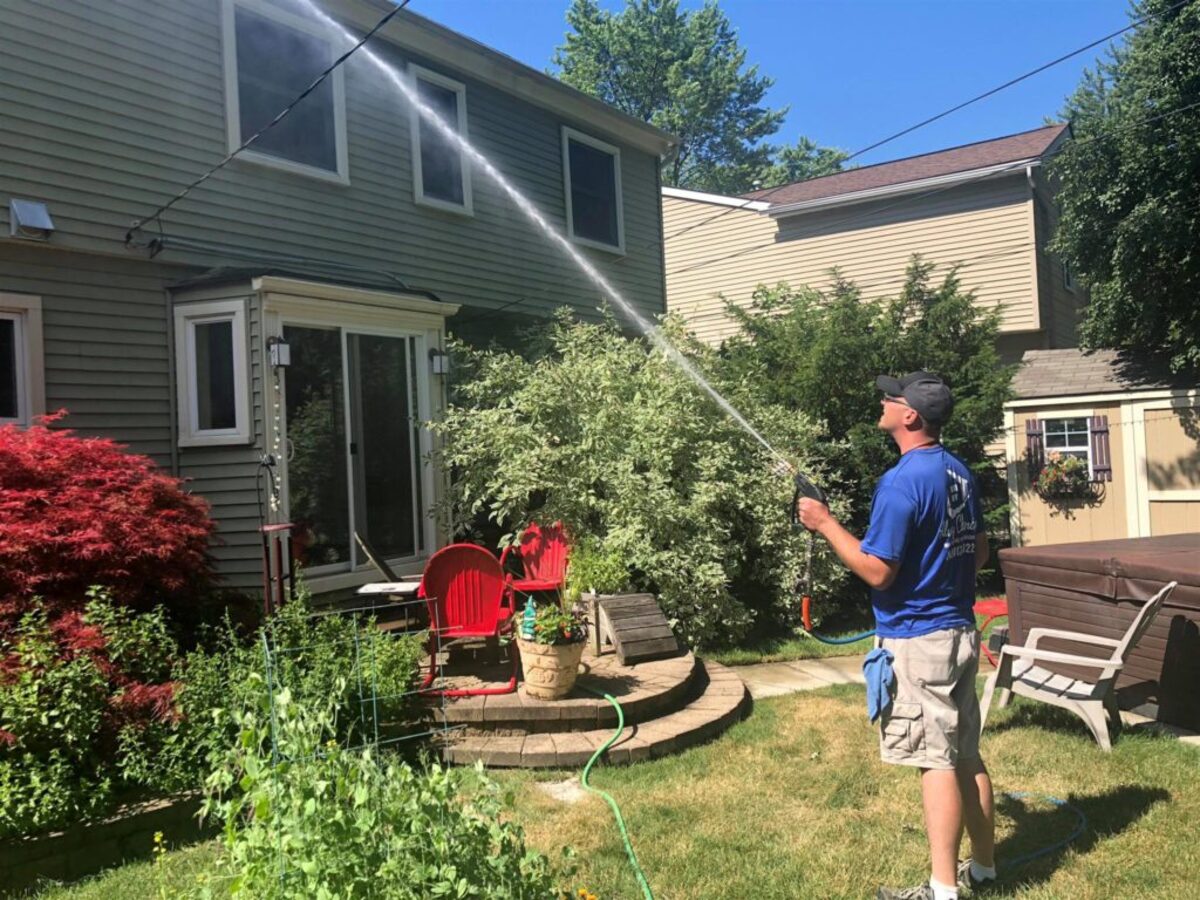
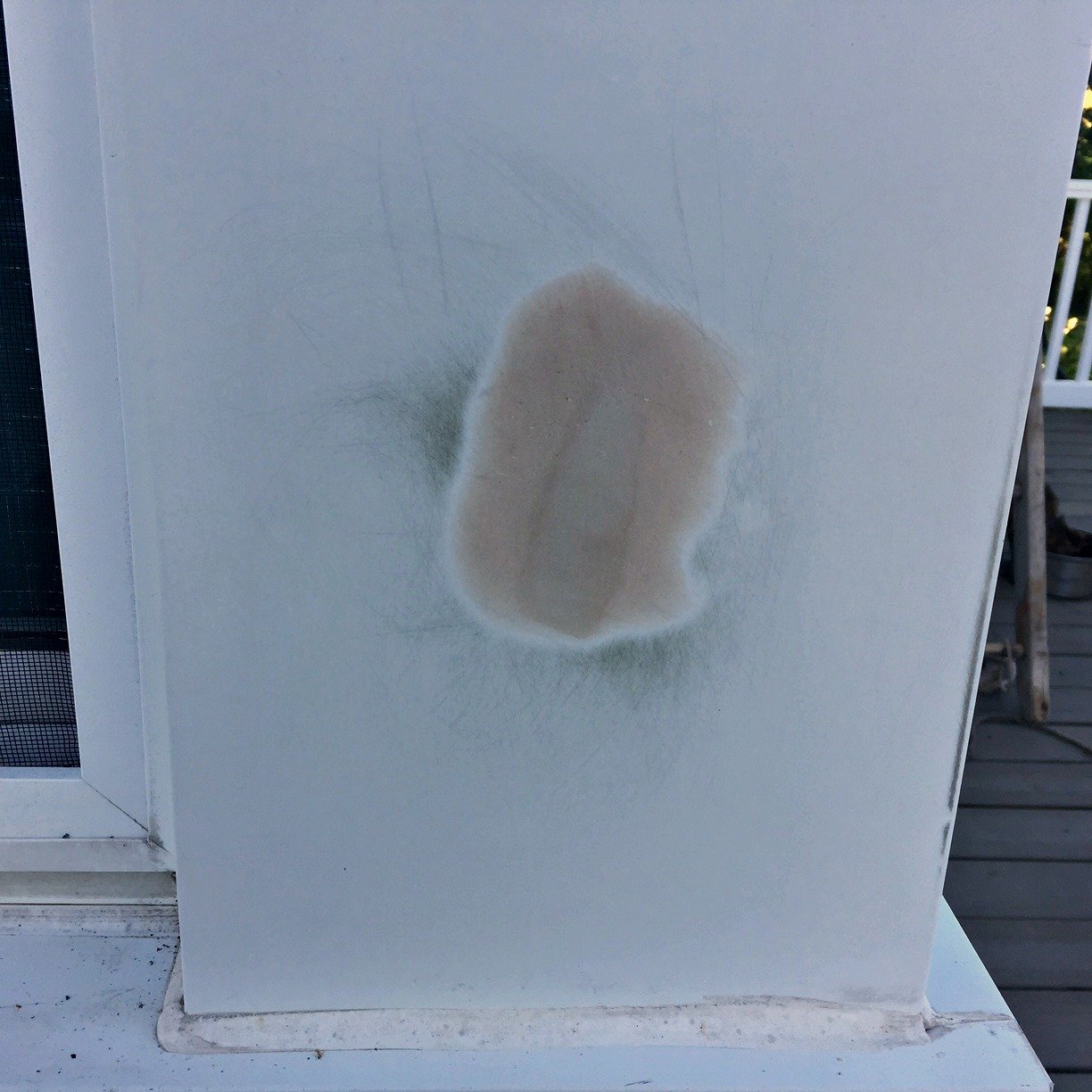
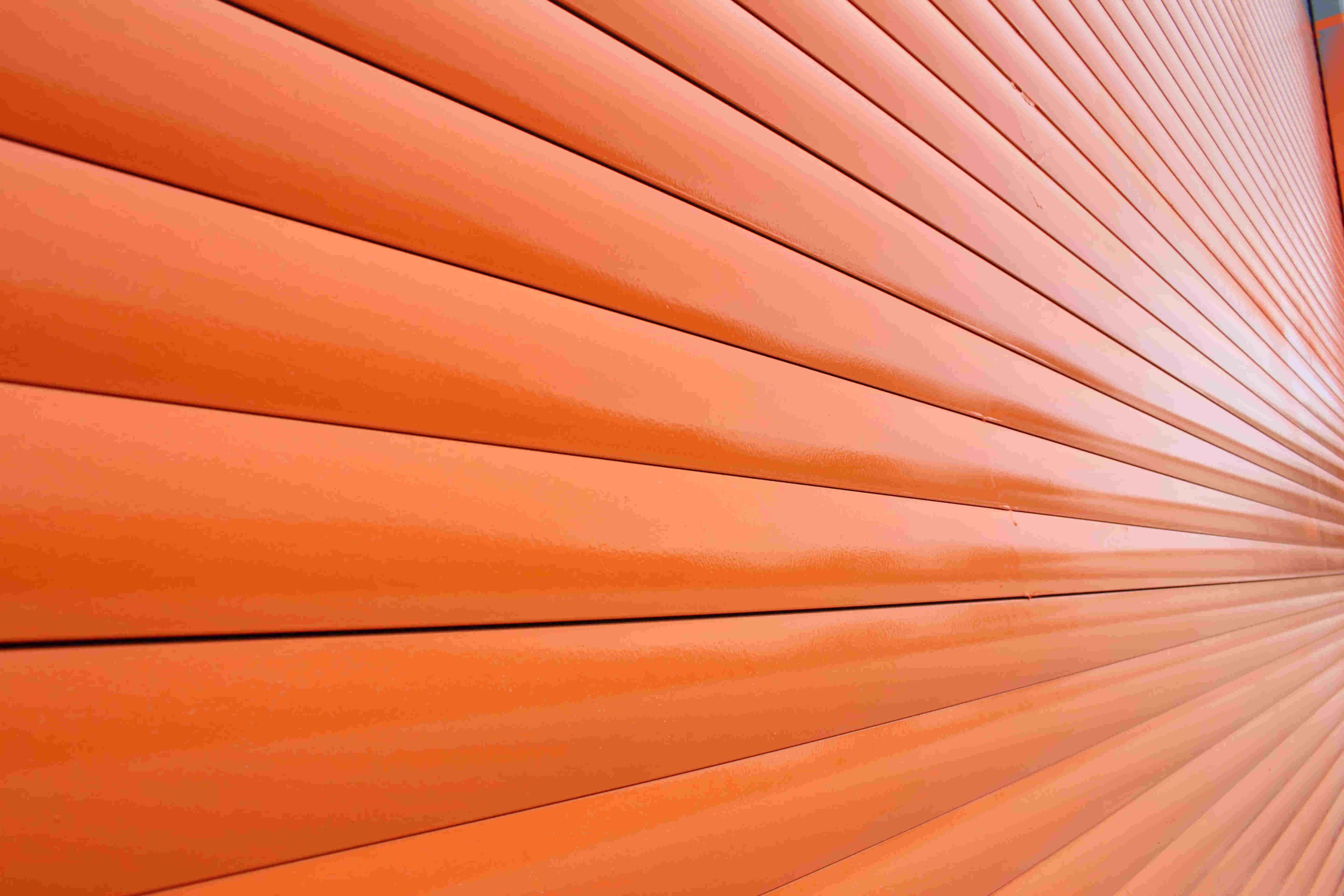
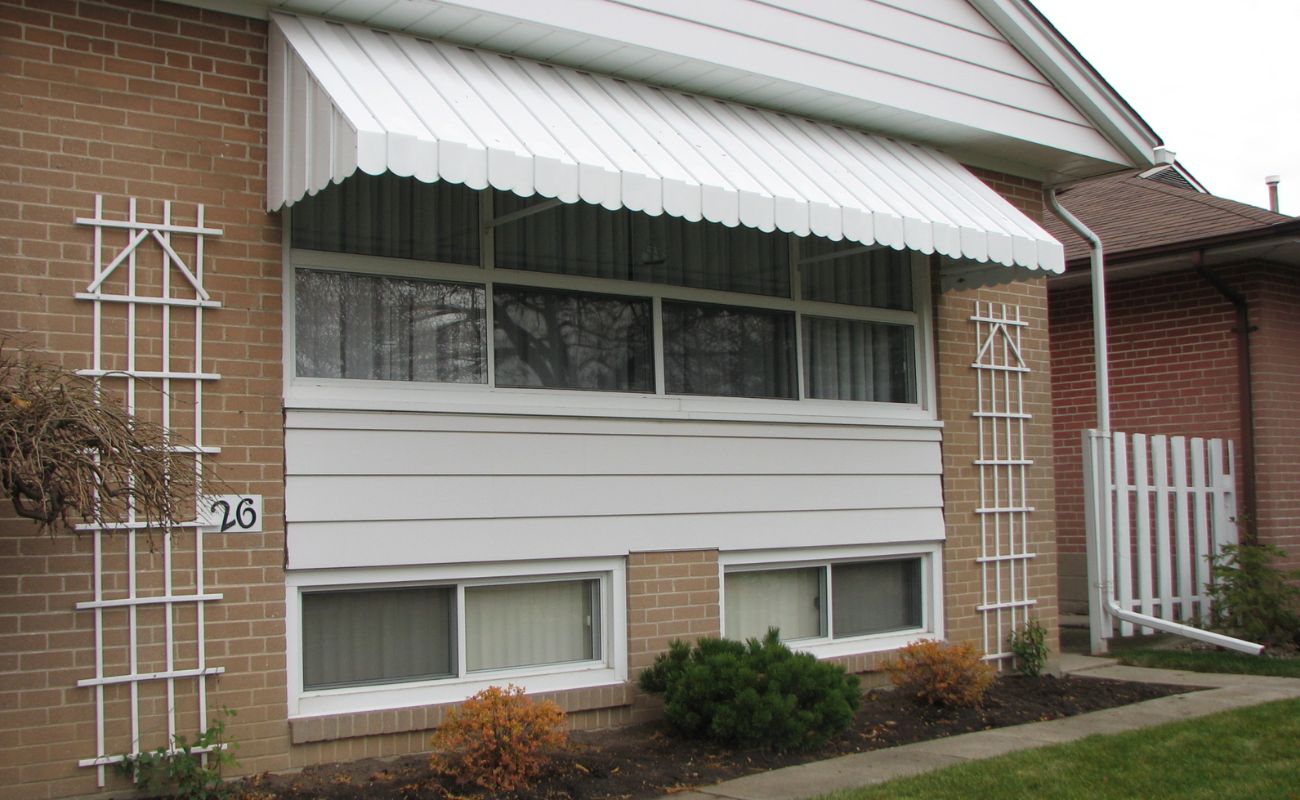
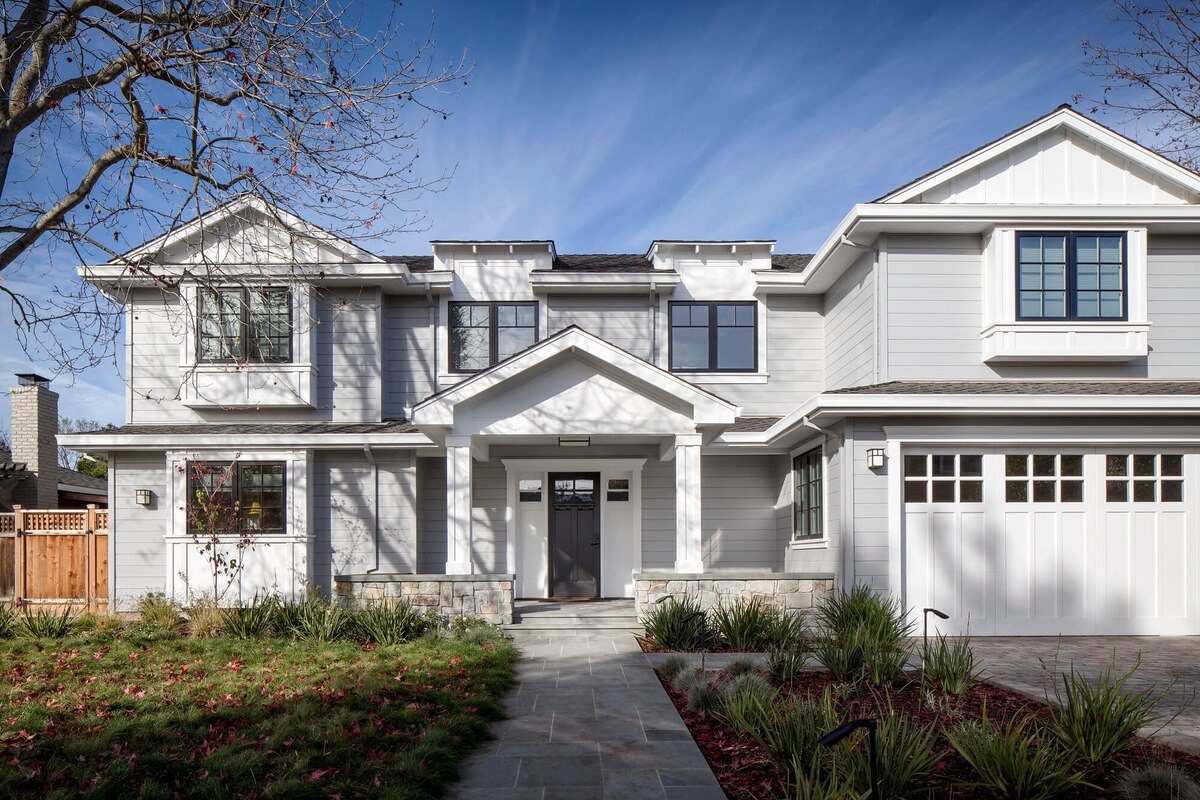
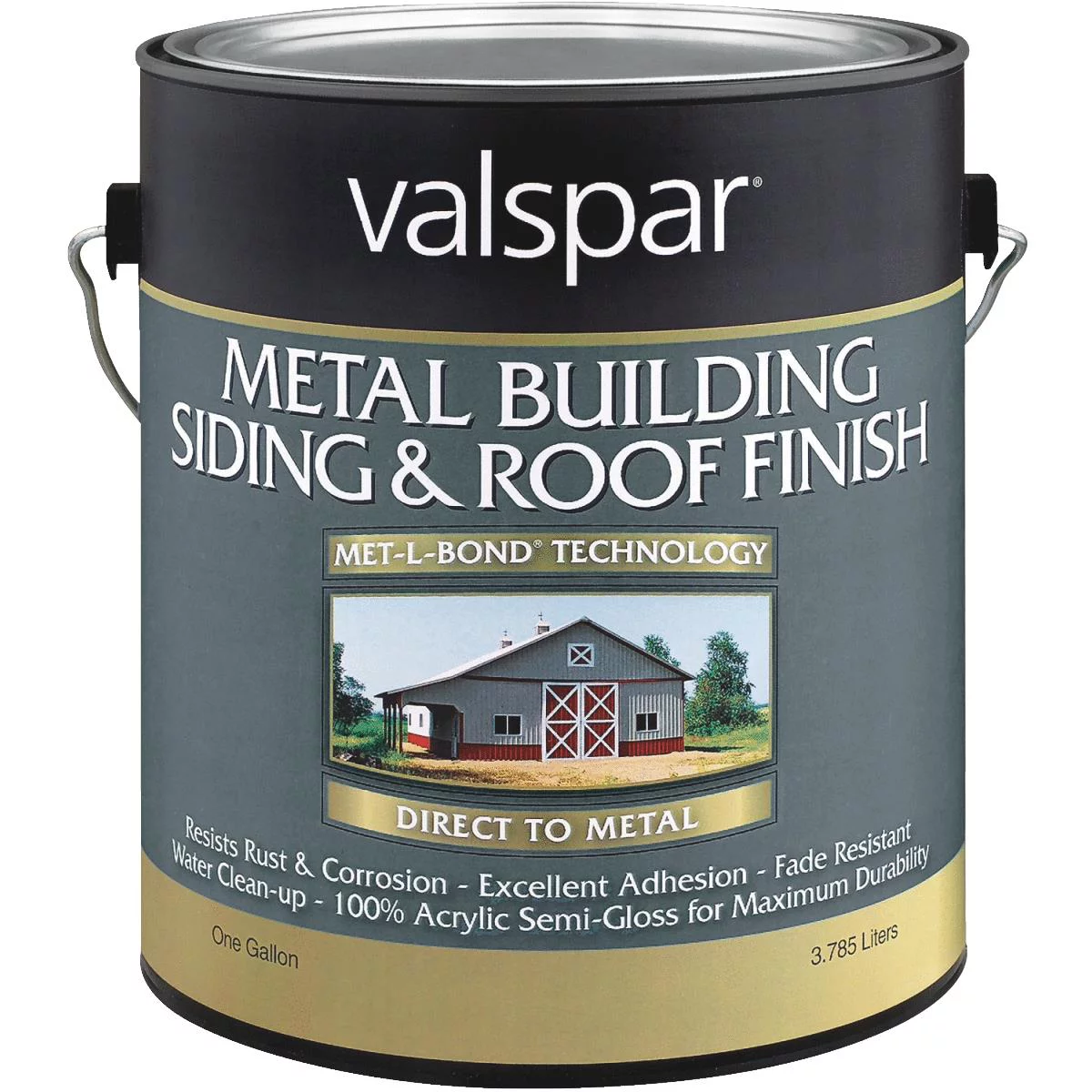
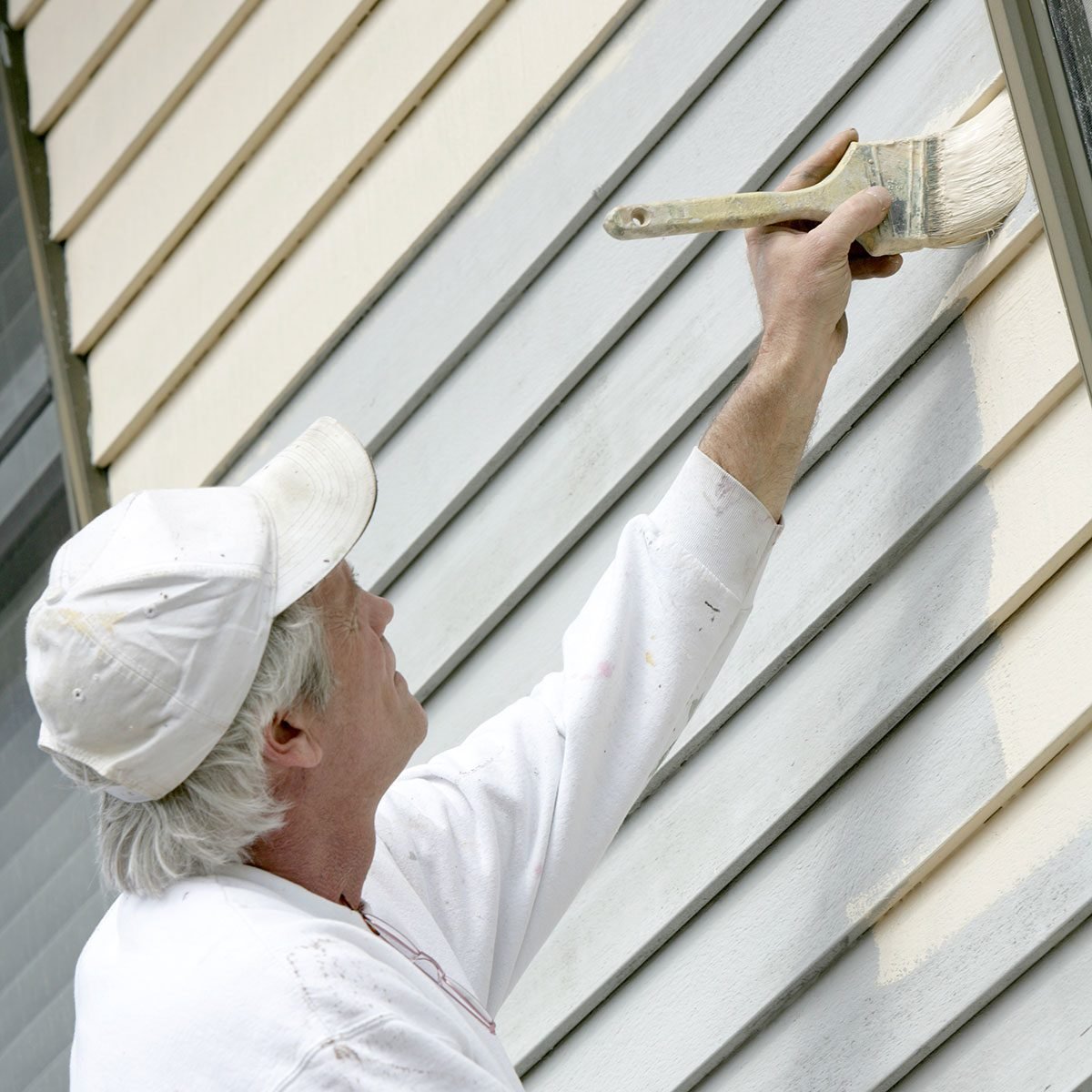
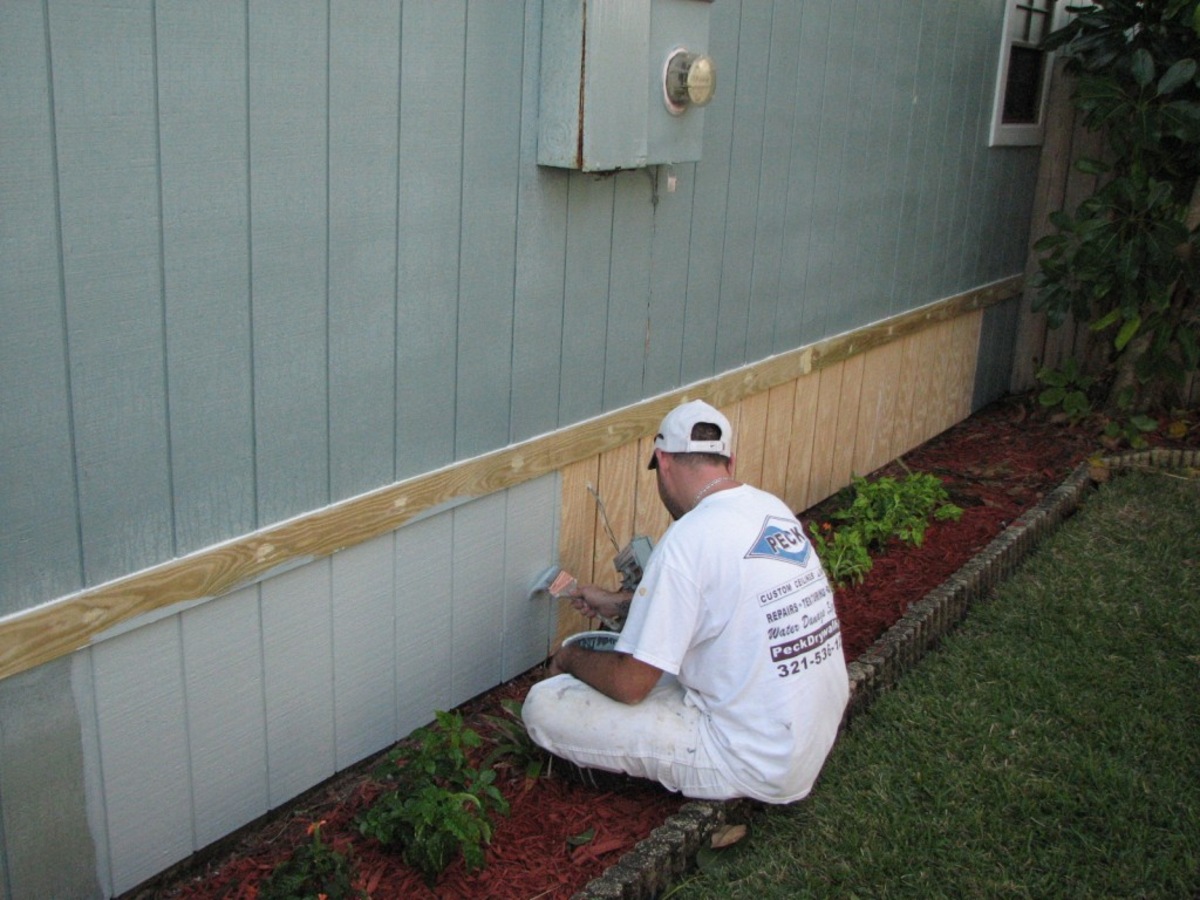
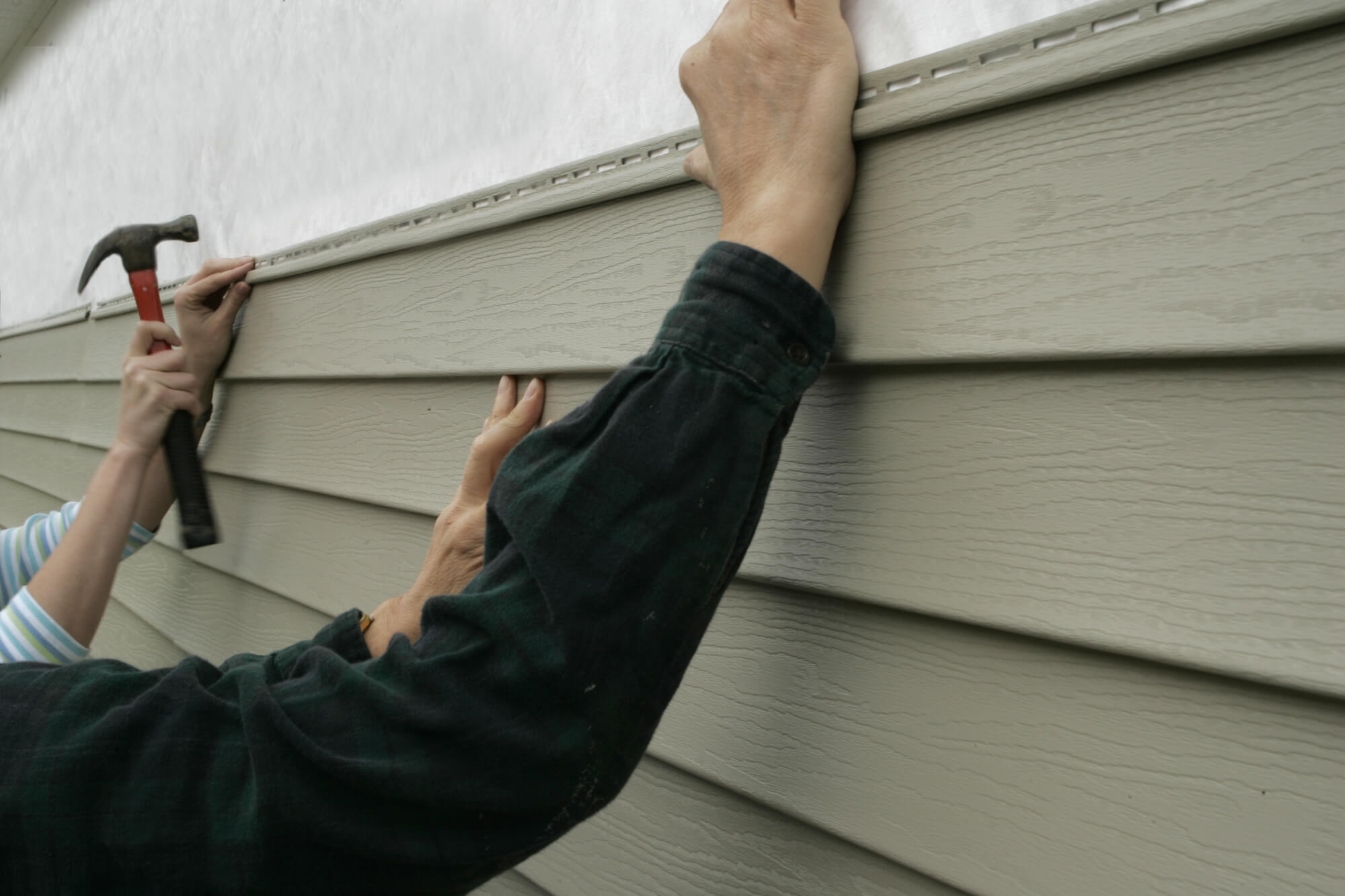
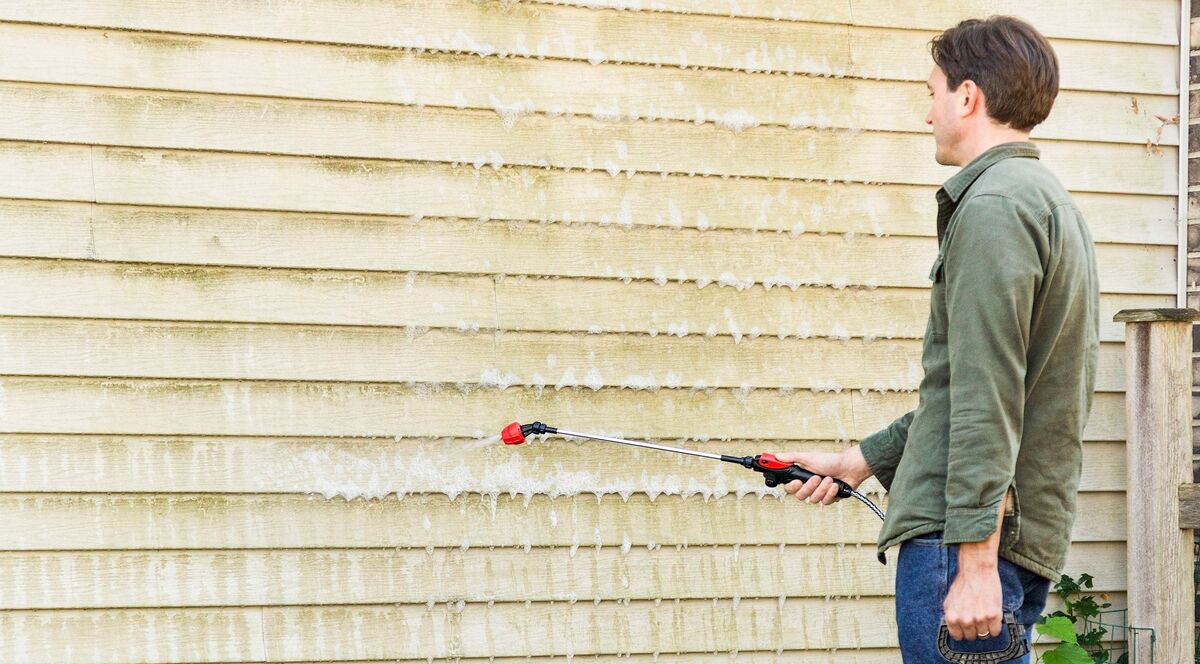
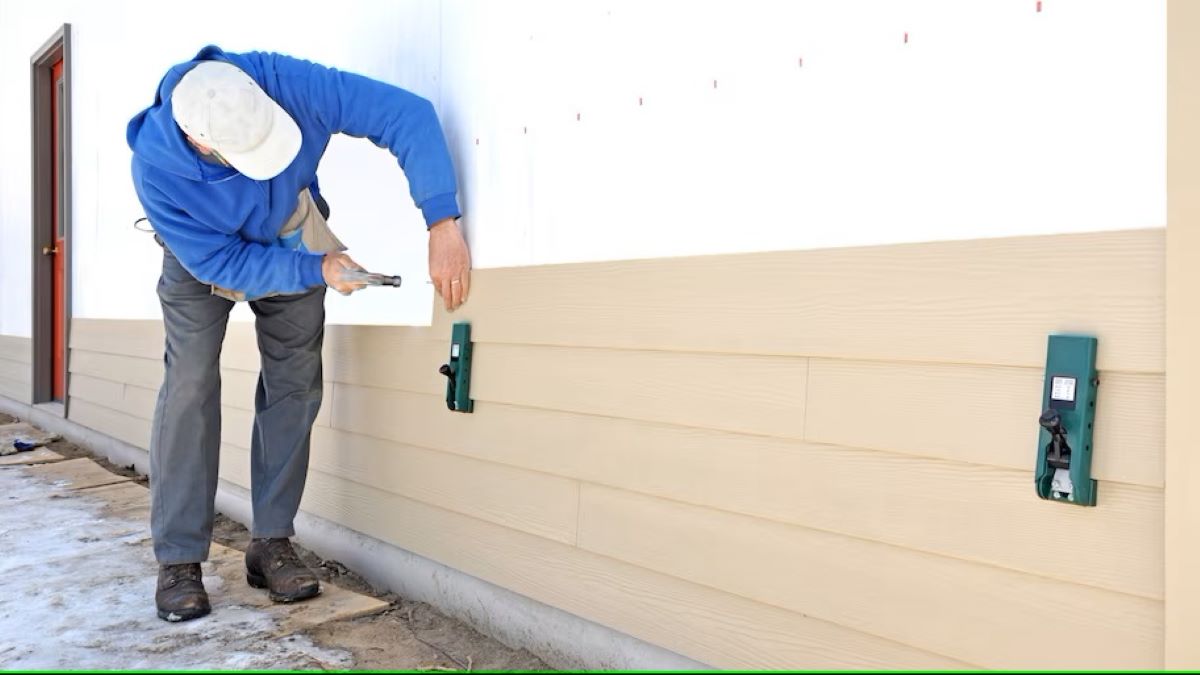

0 thoughts on “How Much Is Aluminum Siding For A House”